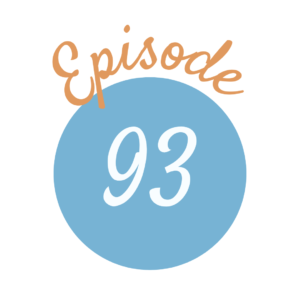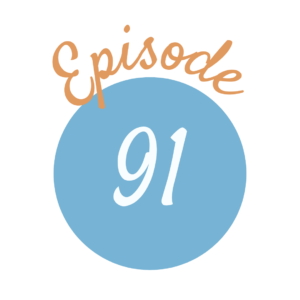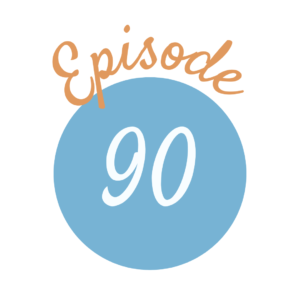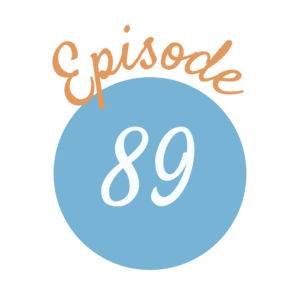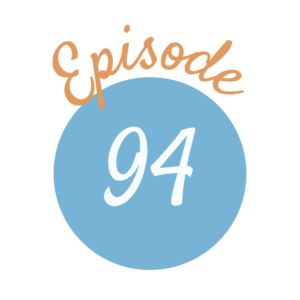
Listen Now:
“They are expected to do a great deal of out-of-door work … They keep records and drawings in a Nature Note Book and make special studies of their own for the particular season with drawings and notes.” (6/219)
“The consideration of out-of-door life, in developing a method of education, comes second in order; because my object is to show that the chief function of the child––his business in the world during the first six or seven years of his life––is to find out all he can, about whatever comes under his notice, by means of his five senses; that he has an insatiable appetite for knowledge got in this way; and that, therefore, the endeavour of his parents should be to put him in the way of making acquaintance freely with Nature and natural objects; that, in fact, the intellectual education of the young child should lie in the free exercise of perceptive power, because the first stages of mental effort are marked by the extreme activity of this power; and the wisdom of the educator is to follow the lead of Nature in the evolution of the complete human being.” (1/96-97)
“Nature knowledge is the most important for young children — It would be well if we all persons in authority, parents and all who act for parents, could make up our minds that there is no sort of knowledge to be got in these early years so valuable to children as that which they get for themselves of the world they live in. Let them once get in touch with nature, and a habit is formed which will be a source of delight through life. We were all meant to be naturalists, each in his degree, and it is inexcusable to live in a world so full of the marvels of plant and animal life and to care for none of these things.” (1/61)
“The mother cannot devote herself too much to this kind of reading, not only that she may read tit-bits to her children about matters they have come across, but that she may be able to answer their queries and direct their observations. And not only the mother, but any woman, who is likely ever to spend an hour or two in the society of children, should make herself mistress of this sort of information; the children will adore her for knowing what they want to know, and who knows but she may give its bent for life to some young mind designed to do great things for the world.” (1/65
Home Education, Part II, Chapter V
An Essay Towards a Philosophy of Education, Book I, Section III (a)
The Changing Year, Florence Haines
A Nature Study Guide, William Furneaux
Countryside Rambles, William Furneaux
Sabbath Mood Homeschool Nature Lore List
Sabbath Mood Homeschool Special Studies
ADE Teacher Training Video: Nature Study–Special Studies and Object Lessons





